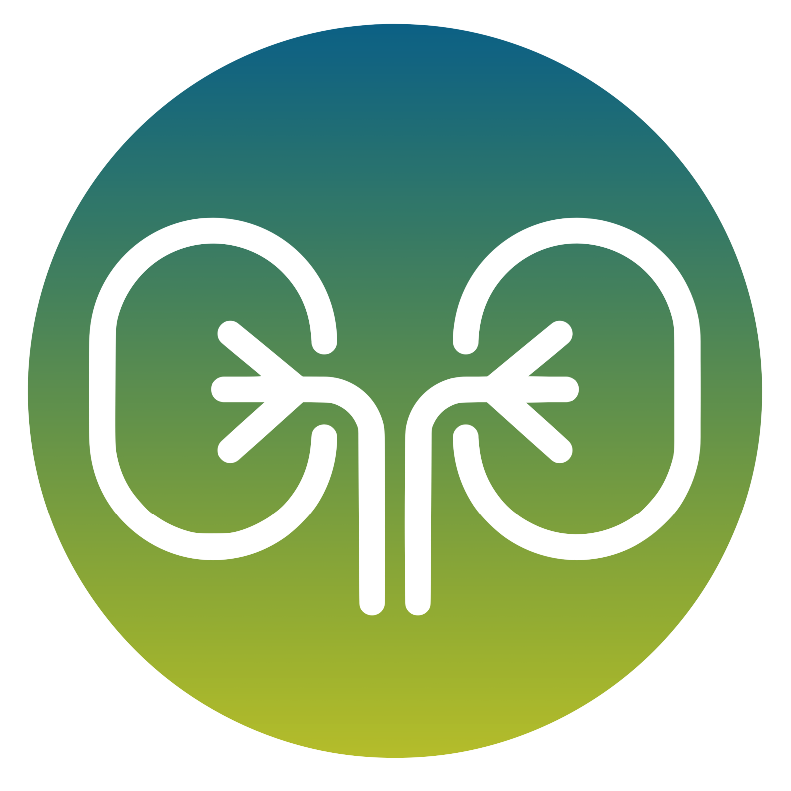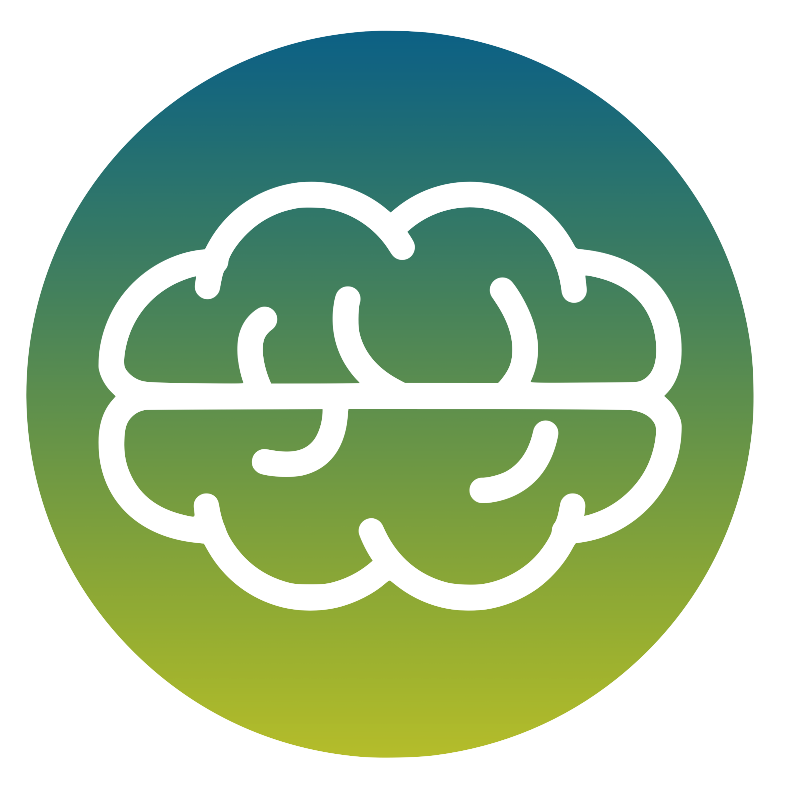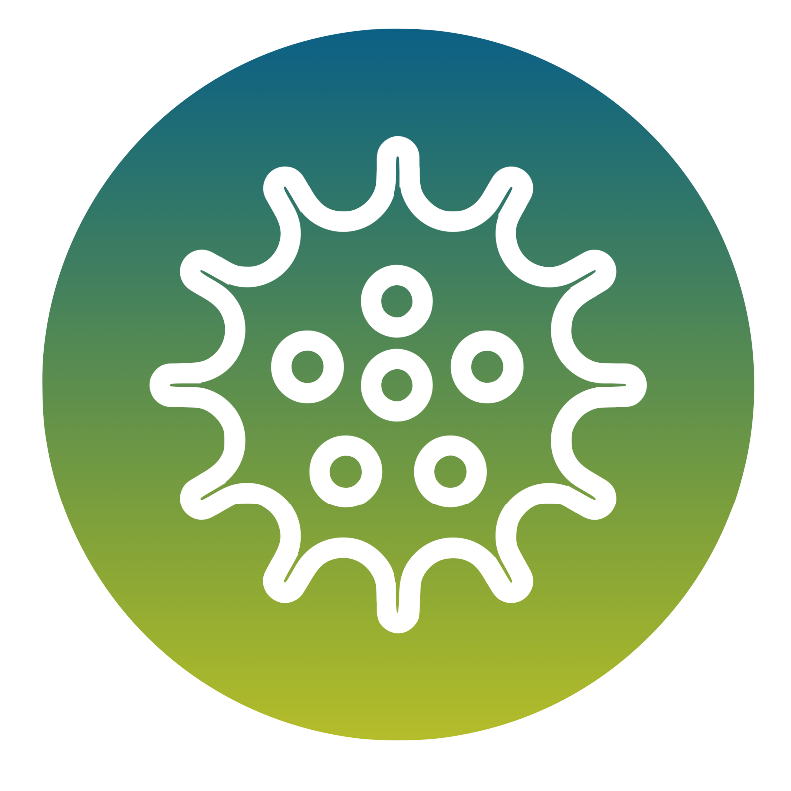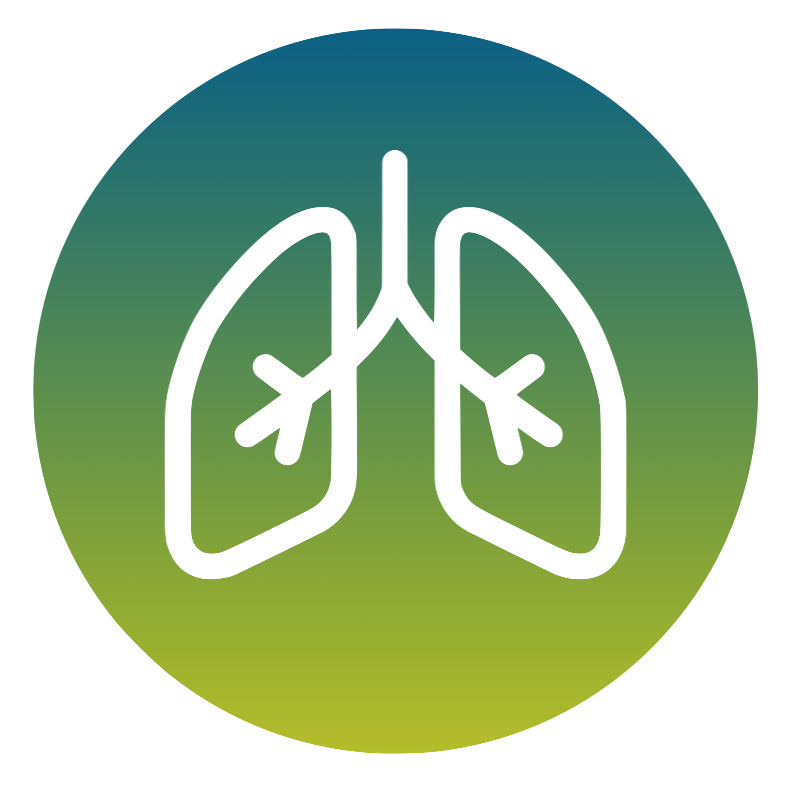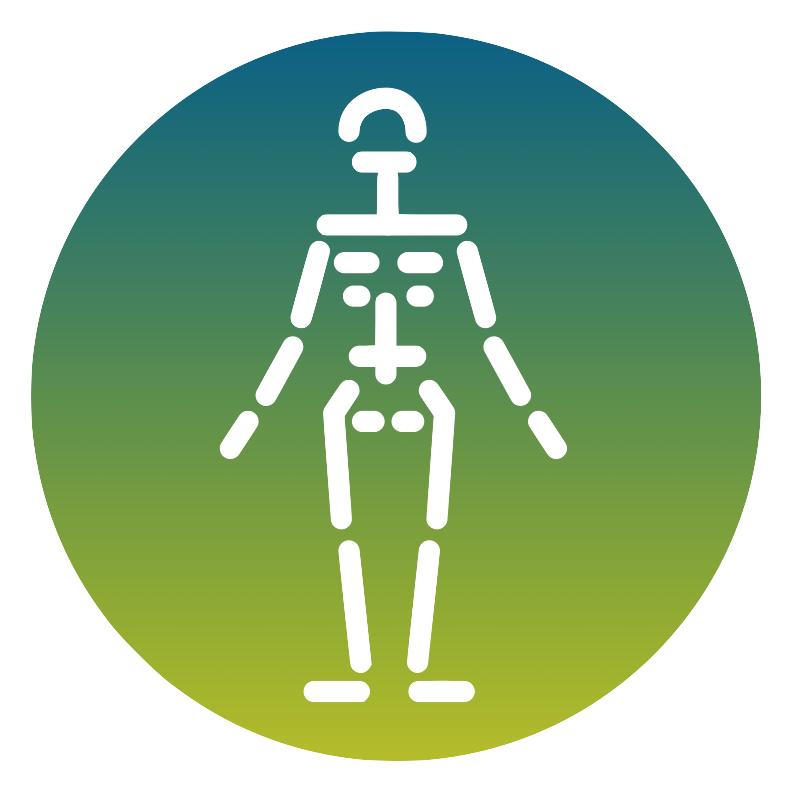General myopathies are a group of muscular conditions characterised by weakness and atrophy of skeletal muscles. These conditions can be caused by various factors, including genetic diseases, inflammation, infection, toxins or metabolic alterations. Myopathy can affect various parts of the body and can manifest itself in acute or chronic forms. There are inflammatory myopathies, such as dermatomyositis and polymyositis, which are caused by inflammatory processes; metabolic myopathies, which are linked to disturbances in muscle metabolic processes, such as carnitine deficiency myopathy; and congenital myopathies, which are present from birth. Symptoms may vary from mild muscle weakness to an inability to perform daily activities.
210 genes
1/1.000.000
Multigenic panel aimed at the molecular diagnosis of myopathies. It includes the search for variants for distal and dystrophic myopathies, cingulate dystrophies, congenital myopathies metabolic and mitochondrial myopathies, myasthenia, periodic paralysis.
Method: NGS sequencing, determination of SNVs (Single Nucleotide Variants), small insertions and deletions and CNVs (Copy Number Variants).
Limits: The test is unable to determine the presence of underrepresented somatic events, balanced chromosomal rearrangements, nucleotide expansion events of repeat regions, CNVs <3 contiguous exons. <3 esoni contigui.
Some genes may have low coverage areas, where necessary or upon specific request, within the limits of methodological limitations, sequencing can be completed with alternative methods (Sanger).
Some genes may be duplicated in the genome (pseudogenes), which may invalidate the analysis.
..








